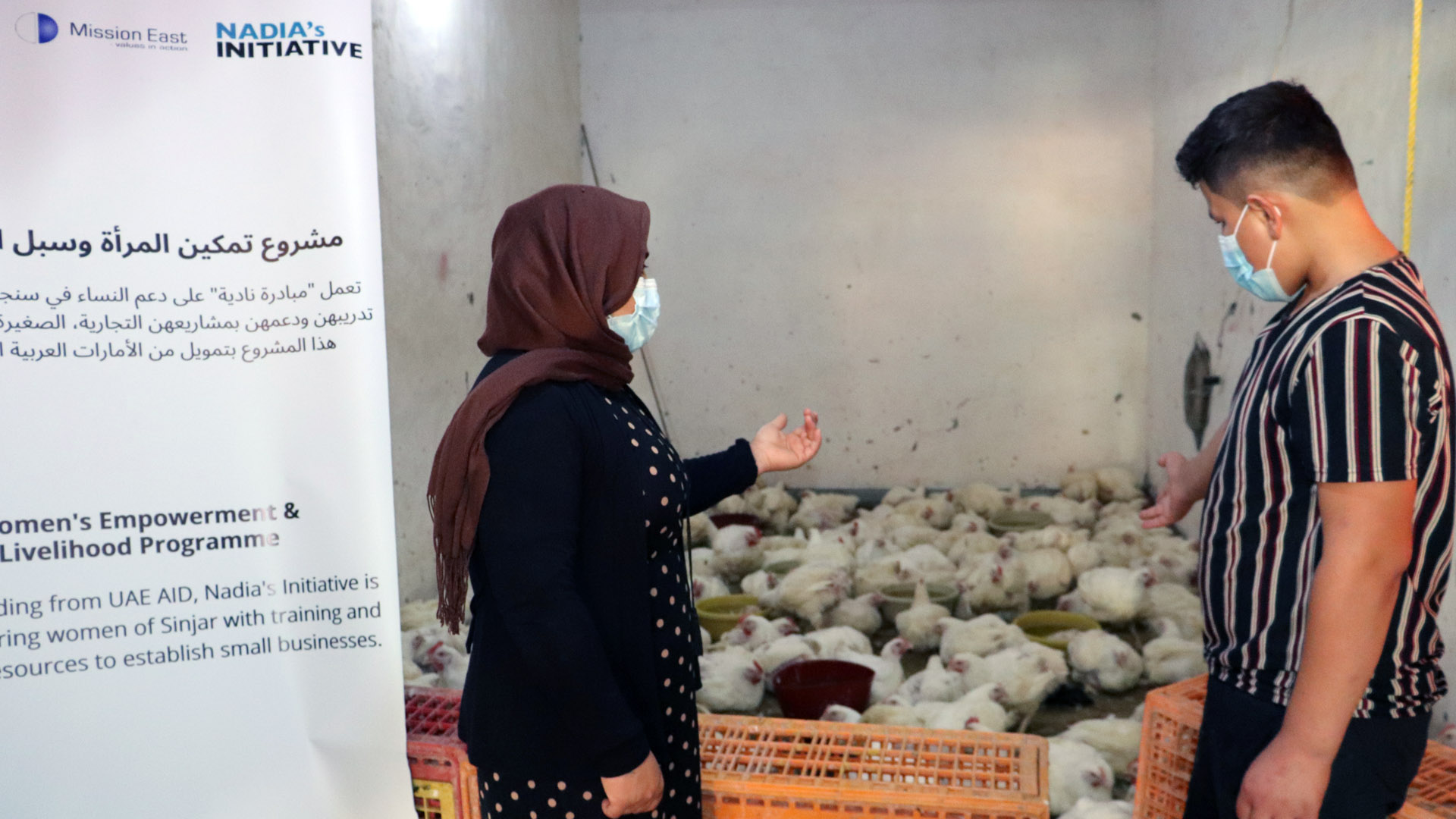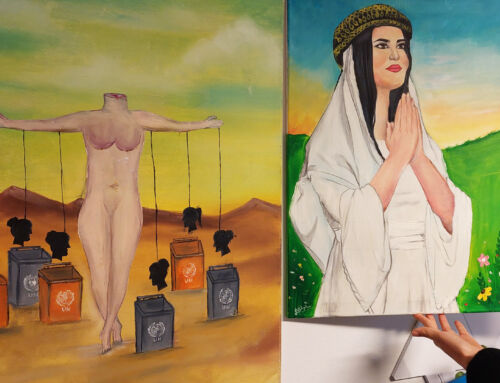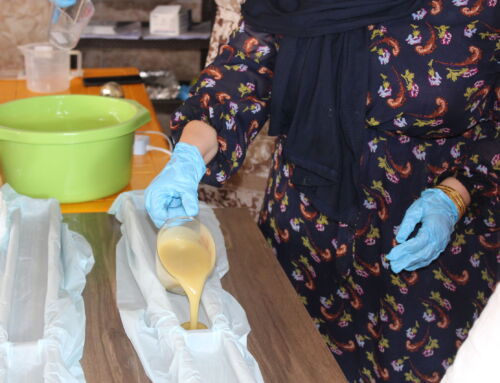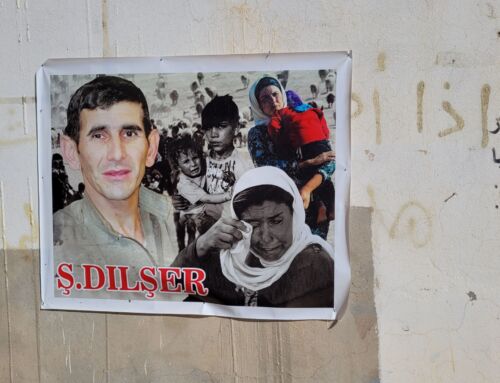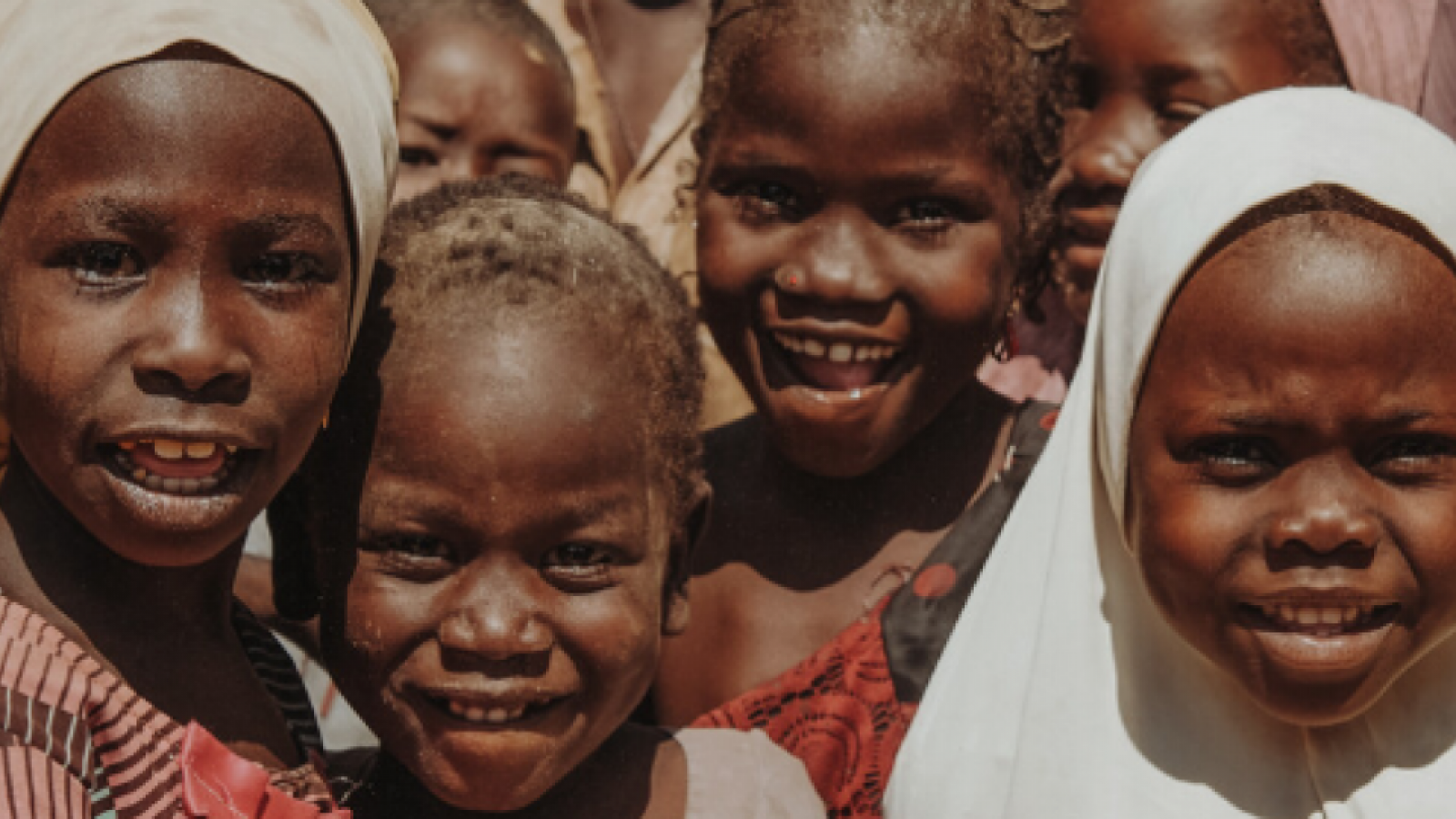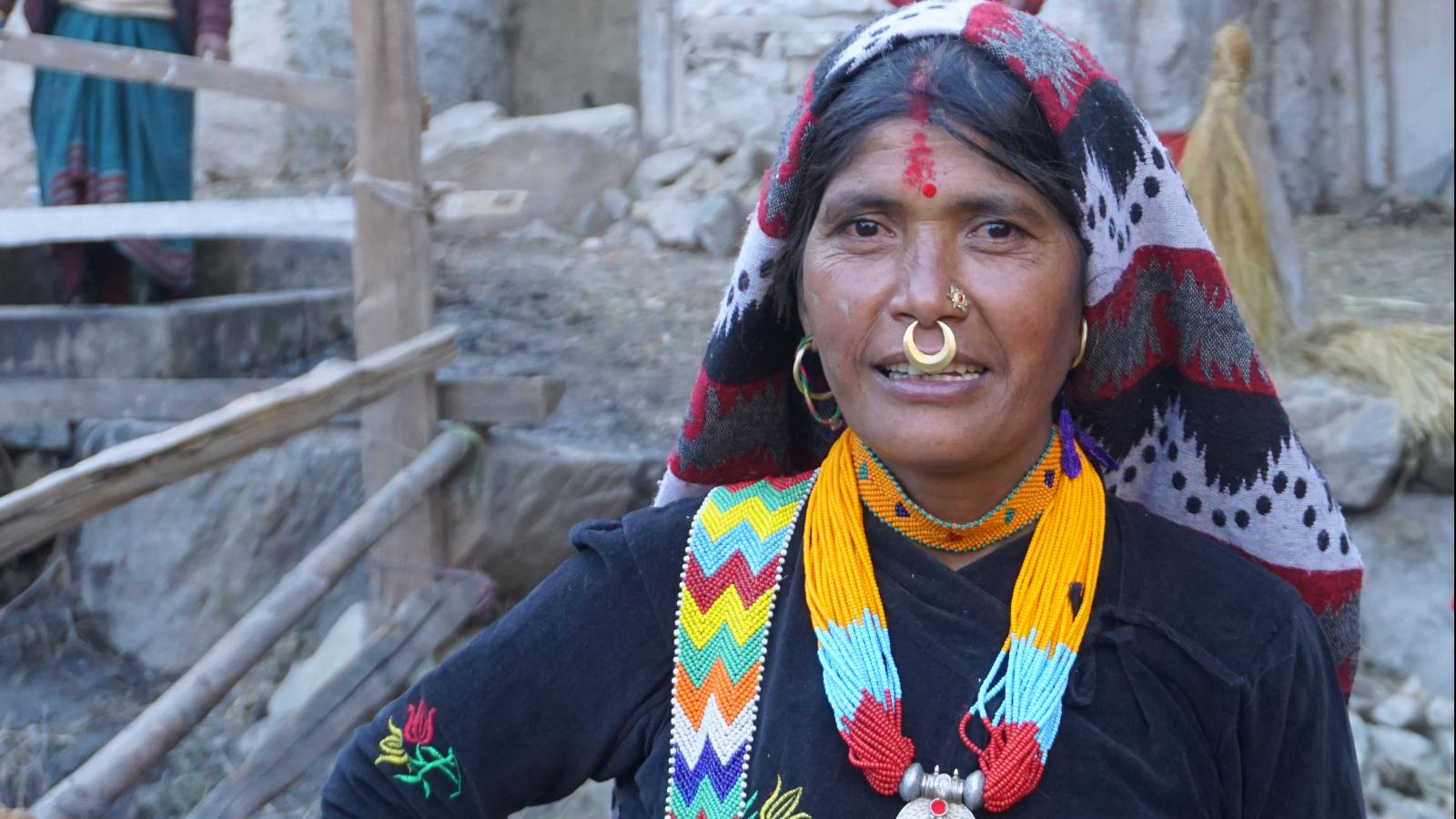Mission East is training 45 ambassadors in equality in the Yazidi capital Sinjar. In Kirkuk, religious leaders are also involved.
In Iraq, 1 million girls and women are at imminent risk of violent abuse. This is the assessment from the Iraqi Ministry of Health. According to the World Health Organization (WHO), 26 percent of the country’s women will be exposed to gender-based violence during their lifetime.
Mission East is inspired to act as a result of these gloomy figures. In 2020, the organization launched a campaign in the Yazidi capital of Sinjar in northern Iraq. Nine groups with a total of 45 participants – both men and women – are being trained as community outreach volunteers as ambassadors for women’s rights in their community.
“A less threatening approach”
The method is to highlight the benefits of girls and women getting an education and entering the labor market.
– When we work with men and boys, we have to have a very sensitive approach, says Sana Basim, who heads Mission East’s protection programs in Iraq. – I call it “a less threatening approach”, because we do not want to undermine their power and authority. Instead, we talk more generally about human dignity and link the conversations to things like sporting events. For example, after a football match, we can talk about the benefits of girls and women being able to get an education, get a good job and contribute to the family and society’s economy.
With that angle, it does not seem so provocative in patriarchal Iraq to, for example, speak against early marriages and forced marriages.
Women run their own businesses
How is the response?
– Because we talk to them in a non-threatening way, the response is very good. We are not talking vaguely about “rights” and “advocacy”, but concretely about their girls and wives: “How good it would be for them, for you and for the whole local community, if they were allowed to take an education. Look at other women who now have a job and earn money for the family!”
In Sinjar, the project is a success, says Sana Basim:
– The Yazidis, who have suffered so much, can now see the importance of the women getting an education. Many of the women who are victims of abuse while held captive by the ISIS have either found work or started their own businesses. They could do that because they had acquired an education.
Men must see that equality is useful
What arguments do you use in convincing the men?
– In Iraqi society, people will not speak against you if they disagree with you. They don’t say no. Therefore, they do not discuss our arguments either. So we go a completely different way. They must see with their own eyes that equality is useful. It is therefore a strength that our staff in Sinjar come from the local area and are therefore locally known. People can see in them that they are liberated and happy.
Mission East also works with the protection of girls and women in predominantly Muslim Kirkuk. The project started last year and has therefore not reached this far.
– We need to build trust in the local community before we can touch on sensitive issues such as girls’ education and warning against early and arranged marriages. We engage the religious leaders because when they spread the word about women’s rights, we can be sure that people will listen.
Yazidi priests call for openness
Some religious leaders played a decisive role when girls and women came back to Sinjar after ISIS captivity.
– It is actually a success story, says Sana Basim. – Because when girls and women started to return from ISIS captivity, the Yazidi priests encouraged everyone in the local community to accept them as they are. In many other communities, Muslim, Christian and Shabab, the women were not even allowed to return to their families, but the Yazidis welcomed their wives and daughters home. They were accepted, and if they had been married to an ISIS fighter, they were remarried.
But there was still a way to go:
– In some cases, children who were the result of rape by ISIS fighters were not accepted. They are still in UN camps specially set up for them. So here we really have a challenge. There are cases where the woman has returned home and remarried, but the parents or family members does not want to see the children, while the mothers longs for them.
Cautious optimism for the future
What do you expect from the future? More equality?
– No, there will not be complete equality, as it is not the case in the rest of the world either. But girls and women will have more opportunities for education and work. We must remember that gender-based violence did not only come with ISIS. It was a problem long before that. In fact, it was only when aid organizations stepped in to help refugees and displaced people due to ISIS abuses that they also had the opportunity to address gender-based violence in society as a whole.
– So there will definitely be improvements, concludes Sana Basim and hastens to add: – But there is still a long way to go. It is not done overnight. We are talking about the attitudes and habits of an entire people.
Facts:
In Iraq, around 1.32 million people are estimated to be at risk of various forms of gender-based violence. Over 75 percent of them are women and young girls. 77 percent of violent episodes happen in the home.
Mission East’s protection program includes protection of children, prevention of gender-based violence, information to the local community and engagement of local leaders.
Source: Reliefweb

